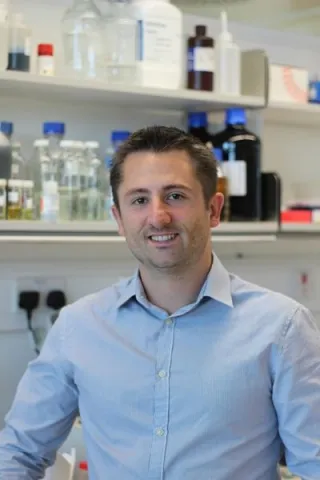About the project
The potential of therapeutic mRNA became evident in the early 1990s. Up to date, the development and application of mRNA in therapy have been drawing the interest of several biotech companies. The future potential of mRNA technologies has also been established by the Covid pandemic.
The recently developed Covid vaccines, validated the safety of mRNA-based drugs in human treatment. For these reasons, mRNA will now join short therapeutic oligonucleotides and RNA-guided CRISPR-Cas technologies as the next-generation drugs for personalised medicine, and for the treatment of cancer and genetic diseases.
Nonetheless, the main limitation in the therapeutic application of nucleic acids, in particular long constructs such as mRNA, is represented by the hurdle in achieving specific and efficient intracellular delivery. Despite various strategies being developed, tissue specific delivery is yet far from being solved.
We will synthesise and investigate different chemical modification. The output of the project will represent a critical leap forward in modified mRNA to improve their stability in cells and delivery, with enormous impact for different diseases.
The successful candidate will join a dynamic and enthusiastic group at the School of Chemistry in Southampton to work on a challenging project at the interface of chemistry and biology. Their objective will be synthesis of modified monomers, incorporate them in RNA and investigate their biophysical and biological properties.
The student will benefit from the outstanding facilities and vibrant environment provided by the department and will have the chance to visit collaborator’s labs for cell-based assays.
The multidisciplinary nature of this project will give the opportunity to the student to acquire knowledge and skills in other relevant disciplines. These include:
- solid phase oligonucleotides synthesis, biophysical or biochemical assays (e.g. PCR, transcription, UV, florescence, cell biology and machine learning)
- structural techniques (e.g. X-ray crystallography)

